ESMA Data Quality Report – Improving Valuation Reporting
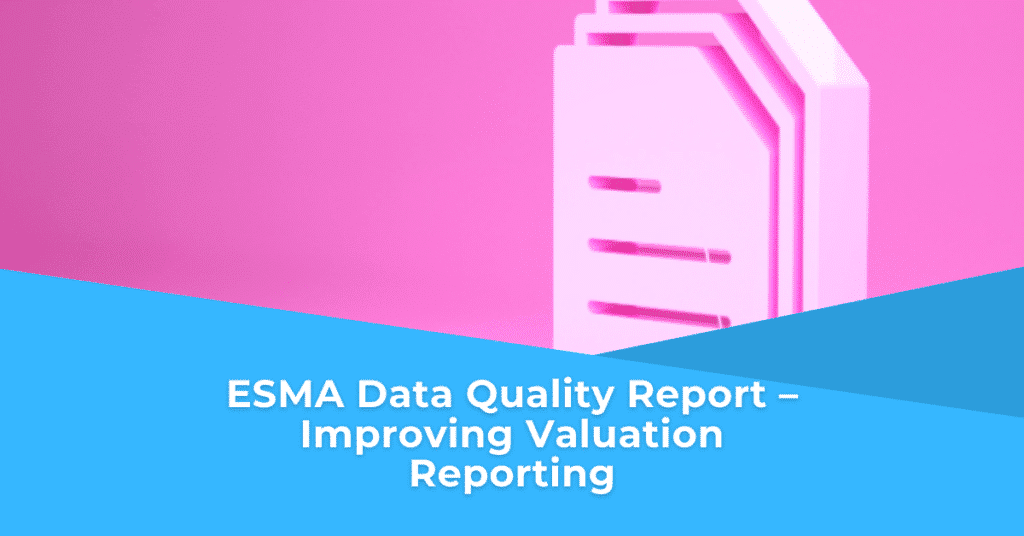
The ESMA 2022 Report on Quality and Use of Transaction Data is a study conducted by the regulatory authority to assess the quality and utilisation of transaction data across the European Union (EU). The report analyses various aspects of transaction data, including missing valuations, which are an important component of accurate and reliable market analysis. One trend highlighted is that the number of reports with missing valuations is declining. This is something that ESMA have been targeting for years, as the valuations give the regulator a much better picture of the overall systematic risk by having a better understanding of the aggregate exposure being held in the OTC marketplace.
ESMA Q&A Update – SFTR reporting
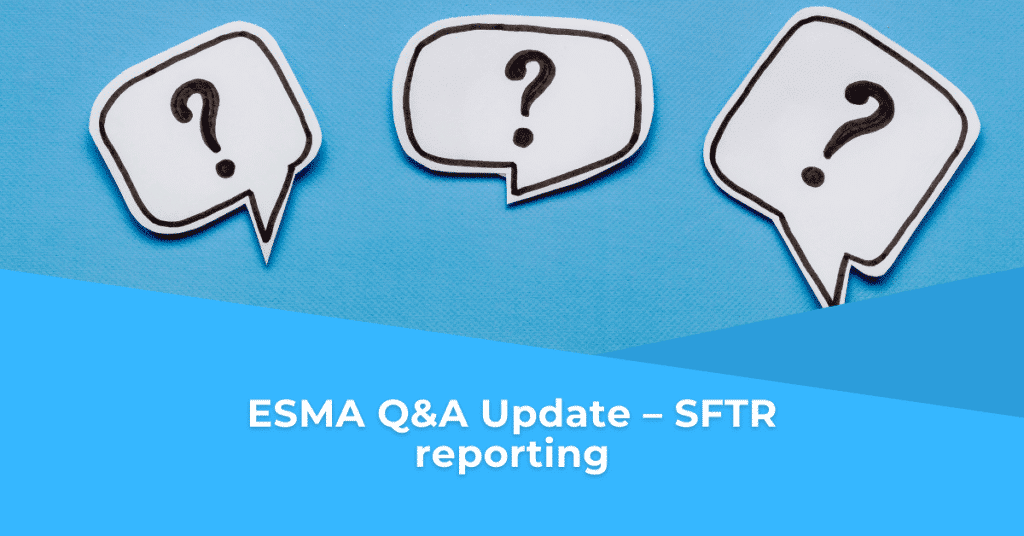
TRAction reviews ESMA’s latest Q&A and what you need to do to stay up to date
EMIR Refit: Unique Product Identifier (UPI)

EMIR Refit will see the introduction of a new field – the Unique Product Identifier (UPI). The UPI is being added to EMIR, as well as other regimes such as ASIC, MAS and CFTC derivative reporting so as to more closely align regulation worldwide.
We All Know About EMIR Refit But What About The Next MiFIR Changes?

EMIR Refit has been receiving a lot of press recently with its upcoming changes to the format of reporting and additional data elements. Alongside this, ESMA has been working on changes to MiFIR given that the regime commenced over five years ago.
What Is An XSD File And Why Is It Important for Your Regulatory Reporting?
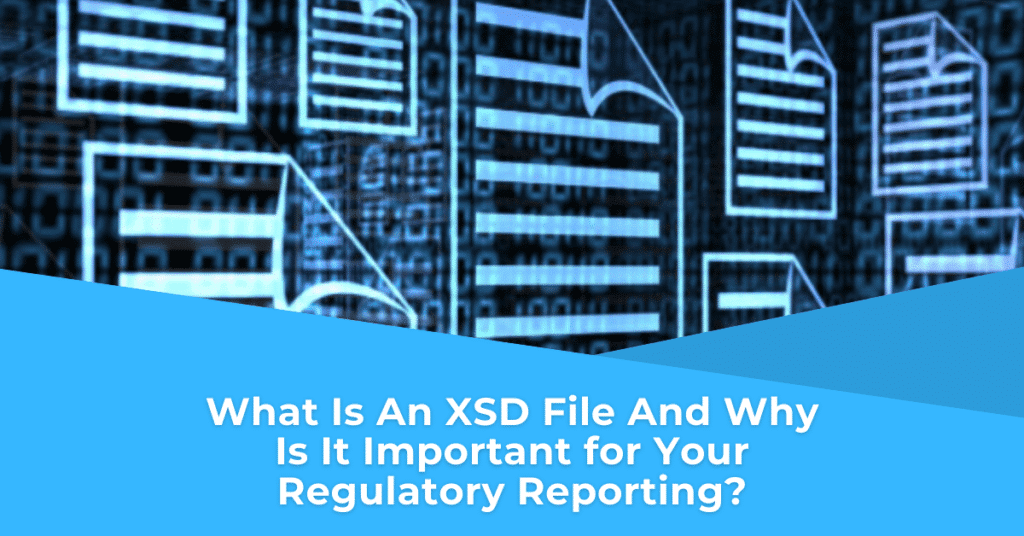
With the upcoming ASIC Rewrite changes fast approaching, the transition to XML submissions will pose a massive challenge for many reporting entities in the jurisdiction. An XSD file is a text file (in XML format) that defines the schema (structure, content, and data types) of another XML file.
I Delegate Reporting to my LP and now I have a Query from my Regulator, What do I do?

Reporting entities can delegate the process of producing regulatory reports to another party, such as a liquidity provider (LP). The delegate performs the function of preparing and submitting the reports to the relevant authorities on behalf of the delegating party.
Reconciling under EMIR when trades are reported with the Compression Method
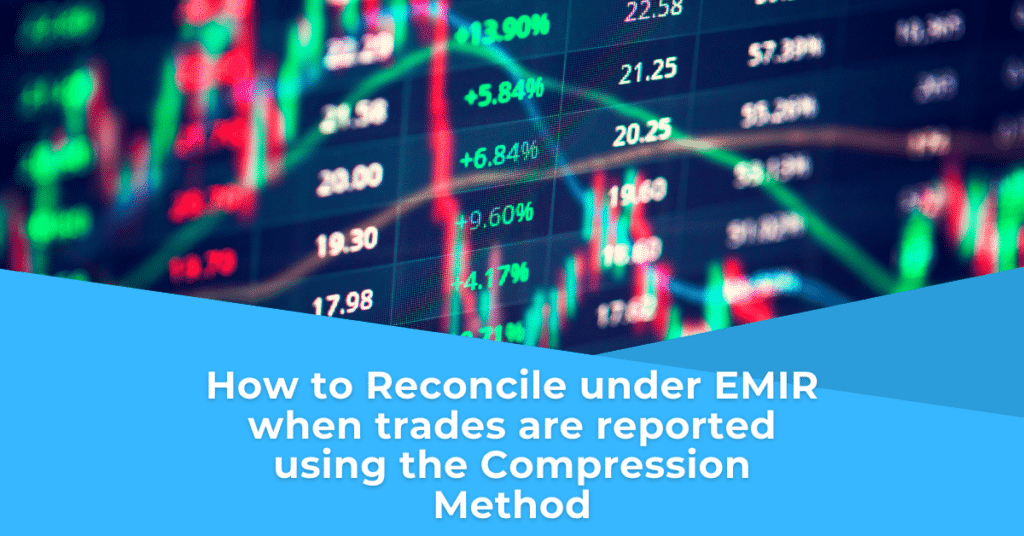
EMIR transaction reporting rules allow reporting entities to delegate their reporting obligations to a third party, however the firm still remains ultimately responsible for ensuring the details of their transactions are reported correctly and accurately under Art 9(1) of EMIR.
EU EMIR Refit – What Reporting Information Do You Need?
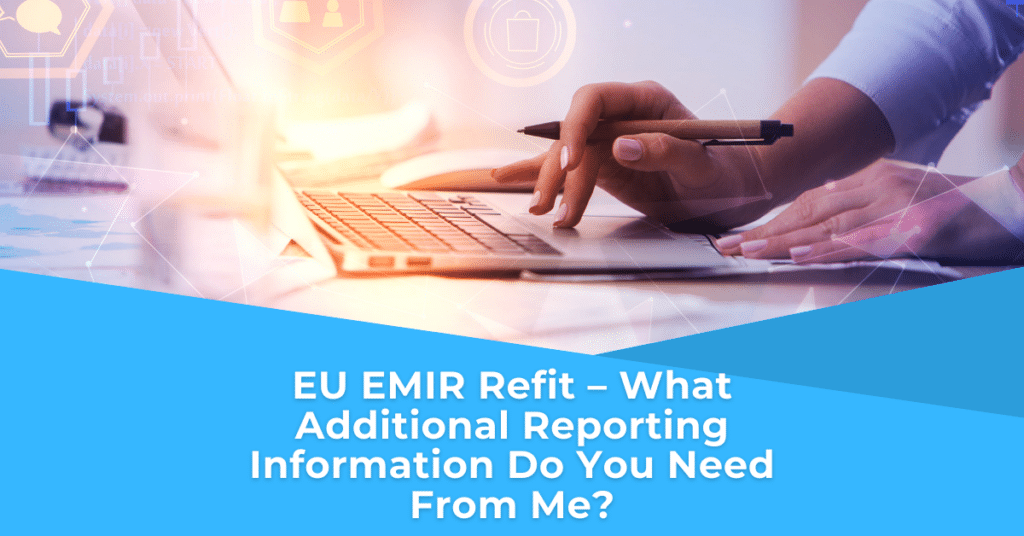
With the EU EMIR Refit go-live date set for 29 April 2024, the most common question raised by Reporting Counterparties is – what new information is required in EMIR Refit?
MiFIR Reconciliation
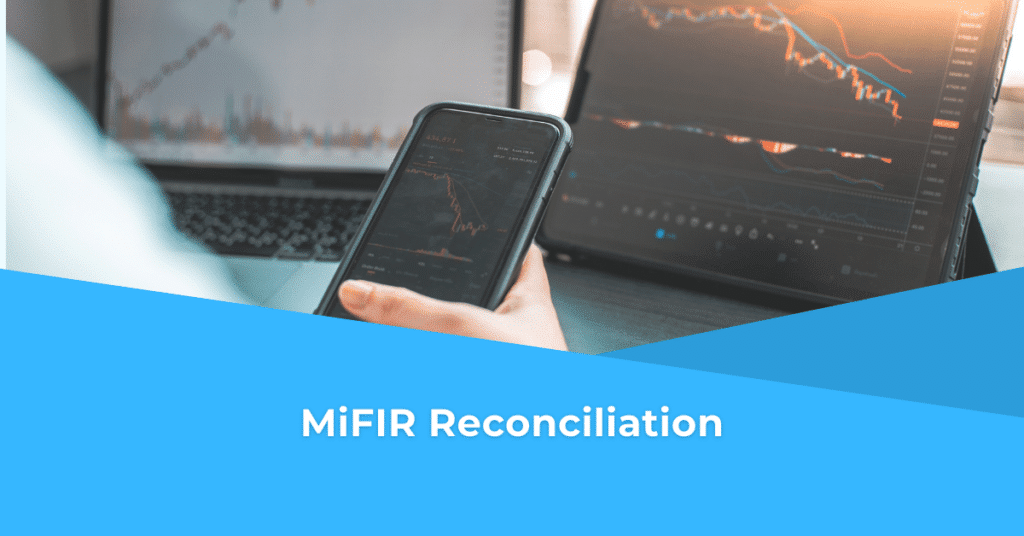
As part of MiFIR/UK MiFIR, Investment Firms should have arrangements in place to regularly reconcile their front office transactions against data samples provided by their National Competent Authority (NCA).
What is EMIR 3? Is it the same as EMIR Refit?
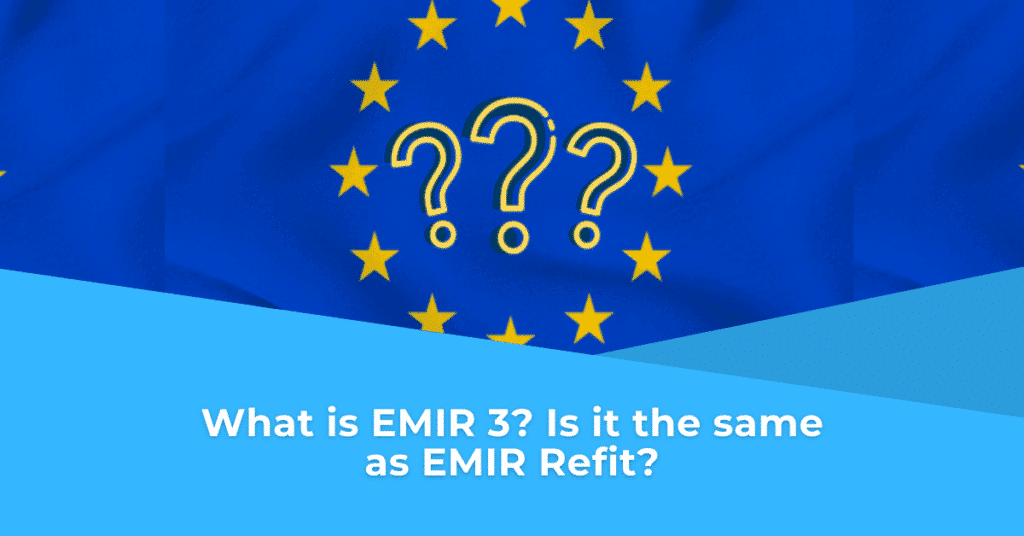
Regulatory reporting is complex and with the numerous EMIR updates released by ESMA over the years, it can get quite confusing. Recently, the European Commission has published a proposal called EMIR 3. This new proposal might sound like a major update, however it is unrelated to the upcoming (April 2024) EMIR refit changes which affect derivatives trade reporting.